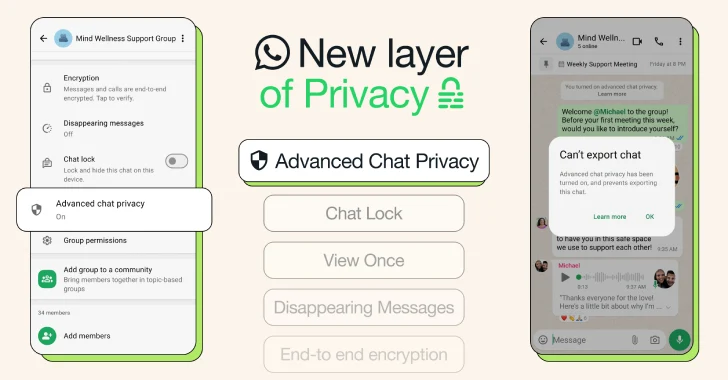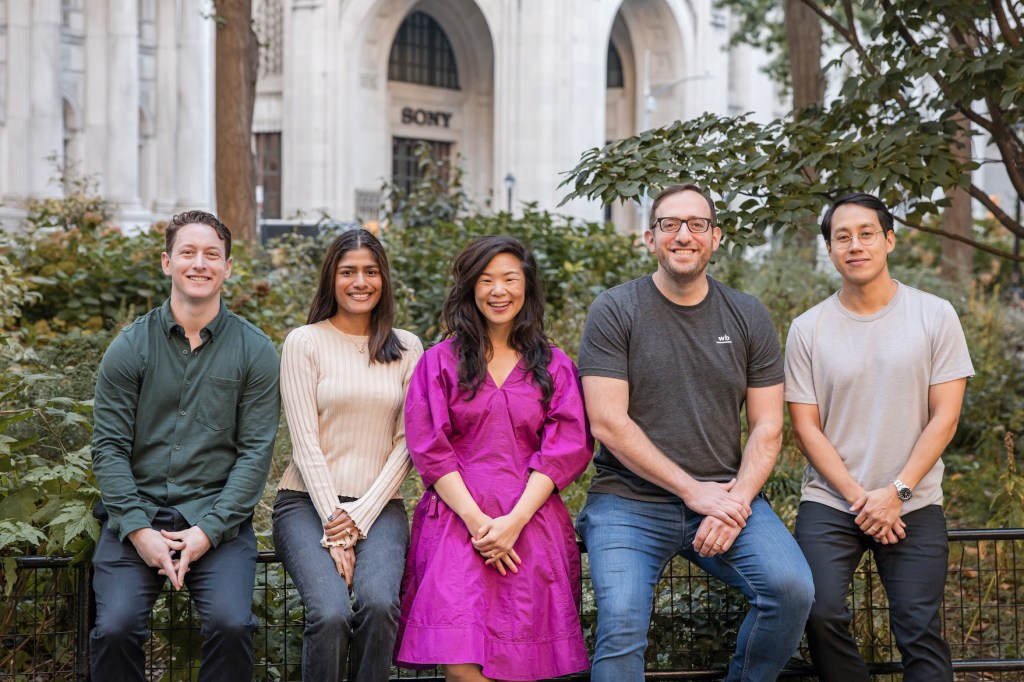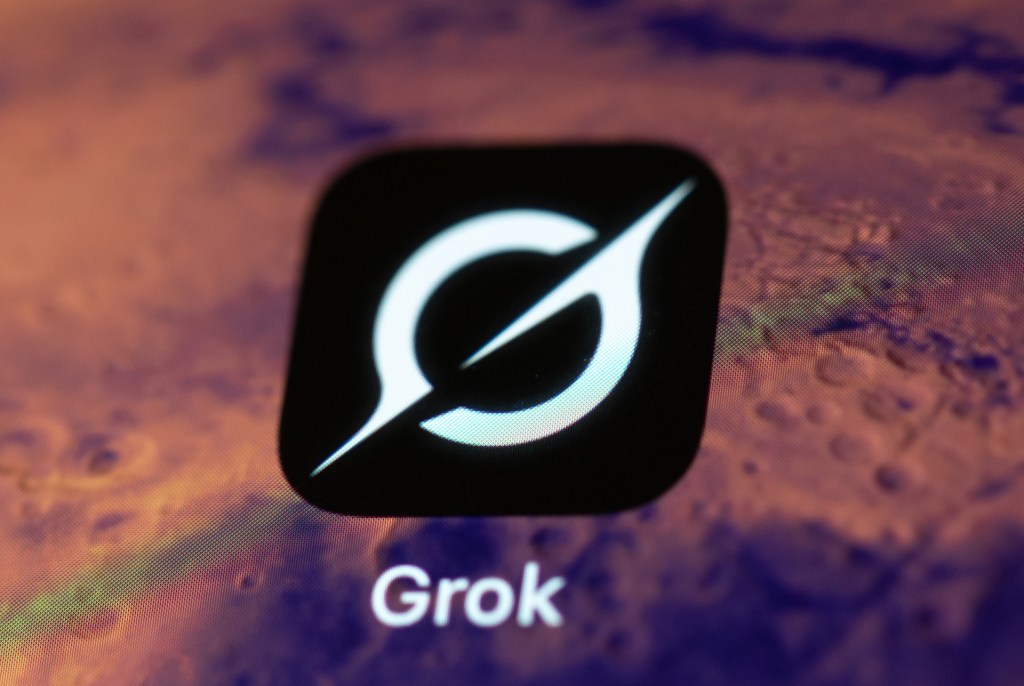Spotify is reportedly developing a new feature called SongDNA, designed to provide users with in-depth insights into the individuals who contribute to their favorite music tracks. This feature aims to highlight the roles of songwriters, vocalists, producers, engineers, and other collaborators involved in the creation of a song or album.
Discovery of SongDNA
The existence of SongDNA was first uncovered by Jane Manchun Wong, a renowned reverse engineer known for identifying upcoming features in popular applications. Wong delved into Spotify’s app code and discovered references to SongDNA, subsequently sharing screenshots that illustrate how the feature might be integrated into the app’s interface. These images suggest that SongDNA will offer a visual representation, allowing users to navigate through a song’s credits, explore connections between contributors, and delve into their respective bodies of work.
For example, Wong highlighted how artist Rei Ami, known for her involvement in the KPop Demon Hunters soundtrack, has contributed her vocals to various other tracks beyond the movie’s score. This insight underscores the potential of SongDNA to reveal the extensive networks of collaboration that underpin the music industry.
Potential Impact on the Music Industry
If Spotify proceeds with the public release of SongDNA, it could position the platform as a formidable competitor to services like TIDAL, which already offers interactive credits that enable users to explore the contributors behind their favorite songs. By providing detailed information about the individuals involved in music production, SongDNA could serve as a valuable resource for industry professionals seeking collaborators and for music enthusiasts eager to learn more about the creative processes behind their favorite tracks.
Spotify’s Response and Further Confirmation
Following Wong’s revelations, Spotify updated its app to remove references to the SongDNA feature. When approached for comment, the company declined to provide further details but did not issue a denial regarding the feature’s development.
Adding to the credibility of Wong’s findings, technologist Chris Messina also identified references to SongDNA within Spotify’s app code. Messina’s analysis suggests that the feature could map out the network of contributors behind songs, offering users a comprehensive view of their collaborative efforts.
Comparison to Pandora’s Music Genome Project
Some observers have drawn parallels between SongDNA and Pandora’s Music Genome Project, which classifies tracks based on hundreds of musical attributes to determine their relationships. However, SongDNA appears to focus specifically on the human elements behind music creation, emphasizing the roles and connections of the individuals involved, rather than analyzing the music’s characteristics.
Broader Context: Spotify’s Embrace of AI and Enhanced User Experience
The development of SongDNA aligns with Spotify’s ongoing efforts to integrate advanced technologies and enhance user engagement. In recent years, Spotify has introduced several features that leverage artificial intelligence and machine learning to personalize the listening experience.
For instance, in February 2023, Spotify launched DJ, an AI-powered feature that curates personalized music selections accompanied by commentary in a realistic voice. This feature combines Spotify’s personalization technology with generative AI and a dynamic AI voice platform, offering users a unique and engaging way to discover music.
Additionally, Spotify has been proactive in addressing the challenges posed by AI-generated content. In September 2025, the company announced measures to strengthen AI protections for artists, songwriters, and producers. These initiatives include improved enforcement against impersonation violations, the implementation of a new spam filtering system, and the introduction of AI disclosures for music with industry-standard credits. These steps aim to protect the integrity of artists’ work and provide listeners with greater transparency about the music they consume.
Enhancing Music Discovery and Appreciation
The potential introduction of SongDNA reflects Spotify’s commitment to deepening users’ understanding and appreciation of music by shedding light on the collaborative efforts that bring songs to life. By offering detailed insights into the individuals behind the music, Spotify aims to foster a more informed and connected listening experience.
This initiative also resonates with Spotify’s previous collaborations that explore the intersection of music and personal identity. In 2018, Spotify partnered with Ancestry.com to create playlists based on users’ DNA, encouraging listeners to explore the soundtrack of their heritage. Such features underscore Spotify’s dedication to providing personalized and meaningful music experiences.
Conclusion
While Spotify has yet to officially confirm the development of SongDNA, the feature holds significant promise for enhancing the music discovery process. By illuminating the contributions of the myriad individuals involved in music production, SongDNA could offer users a richer and more nuanced understanding of their favorite tracks. As the music industry continues to evolve, features like SongDNA exemplify the potential of technology to deepen our connection to the art and the artists who create it.



